US – Challenges for Tax Compliance of the Foreign E-Commerce Providers

The US e-commerce market is not just big. It is also growing. In the first quarter of 2024, total US retail e-commerce sales were estimated at USD 289.2 billion, and they are predicted to grow 11% annually. This growth potential, coupled with the fact that Amazon is one of the most popular online marketplaces worldwide based on gross merchandise value, makes the US market a compelling destination for foreign e-commerce providers.
However, the US has one of the world's most complex sales tax regimes, posing significant challenges for foreign e-commerce providers regarding tax compliance. This guide will bring some of the most relevant questions closer and provide a few tax compliance tips.
Understanding the US Sales Tax
Sales tax is a consumption tax in the US that is usually paid only once at the final stage of the purchase of the final product by the end consumer. In the US, there is no nationwide policy on sales tax, like one that can be found in the European Union with the EU VAT Directive. This means that each state has its own rules regarding sales tax, not only regarding rates but also what is taxable and what is not, even if applicable.
Currently, 45 states plus the District of Columbia impose a general sales tax, whereas 38 states collect some local sales tax in part or all of the state. In contrast, New Hampshire, Oregon, Montana, Alaska, and Delaware, also known as NOMAD, are states without general sales taxes but impose different local taxes.
For foreign e-commerce providers that want to be part of the US market, there are two key questions to consider in connection to sales tax:
Are their products or services taxable in the states they are selling?
What are the determining factors for sales nexus?
E-Commerce Sales Tax Rules
One of the first things foreign e-commerce providers must properly determine is whether a product or service is subject to or exempt from sales tax. There are some general rules concerning taxability rules, but laws differ from one state to another.
Tangible Personal Property
Sales of tangible personal property, such as merchandise and manufactured products, are usually taxed. Those are goods that physically exist, or as the Illinois Department of Revenue states, “you can touch it.” Still, sales tax rates and related rules vary across US states.
In addition, certain states have “sales tax holidays” when specific goods that are usually taxed, such as children’s clothing, are sold at a reduced rate or tax-free for a limited time before a new school year begins.
Sales Tax on Digital Products
Digital products, digital services, electronic goods or services, e-goods, or e-services—it is not uncommon to confuse these terms. Foreign e-commerce providers must know how digital products are treated from the sales tax perspective.
First and foremost, the US does not have a unified definition of digital products. Each state defines what falls under the scope of digital products and how they are treated. However, from a tax perspective, we can put digital products in six groups:
Online data processing services,
Downloaded software,
Downloaded books, such as e-books,
Downloaded music and digital audio files such as iTunes and podcasts,
Downloaded movies or digital video, such as Netflix and Amazon Prime,
Other downloaded electronic goods.
Nevertheless, foreign e-commerce providers should be aware that certain states consider digital products as tangible personal property, treating them similarly to physical goods. One of those states is New York, which included prewritten, canned, off-the-shelf, standard computer software as taxable tangible personal property subject to sales tax.
Once the taxability rules are determined, the next challenge that foreign e-commerce providers must consider is nexus.
What is Nexus?
Simply put, the sales tax nexus is a connection or link between the businesses and the US state. Physical nexus was the first one established in the US, based on the seller’s physical presence in either of the US states. This changed in 2018 when the US Supreme Court made a groundbreaking decision in South Dakota v. Wayfair (Wayfair ruling) overturning the traditional physical presence rule, no longer making it a minimum requirement for a state to mandate a seller to collect sales tax.
This decision established a so-called economic nexus, which led US states to implement economic nexus laws for remote sellers and marketplace facilitators. In principle, these laws expanded the scope of nexus, and more and more businesses with no physical presence must collect sales tax if they exceed a certain threshold in a US state. These laws affect US businesses selling across multiple states and foreign e-commerce providers selling to US consumers.
How to Comply With Nexus Requirements?
To comply with nexus requirements, foreign e-commerce providers must determine in which states they exceeded the economic nexus threshold. Each state can freely define these thresholds for establishing economic nexus. They do this by using determining factors.
What Are Nexus Determining Factors?
Only two relevant factors define whether businesses have economic nexus in a state. Those two are:
Sales revenue value and
Number of individual transactions.
However, US states use three different combinations of these factors to define threshold:
Sales revenue or number of individual transactions (District of Columbia - USD 100,000 or 200 or more separate retail sales)
Sales revenue and number of individual transactions (New York - 500,000 in sales of tangible personal property and more than 100 sales)
Sales revenue (California - USD 500,000, Washington - USD 100,00))
The current trend among US states is to remove the number of individual transactions from the threshold and leave only sales revenue as a relevant aspect for establishing economic nexus. Regarding the sales revenue itself, it also differs from one state to another, and they refer to:
Gross sales revenue – all sales, including tax-exempt sales and exclusions,
Retail sales revenue – any sale other than a sale for resale,
Taxable sales revenue – only taxable sales, with tax-exempt or excluded tax sales not counted.
What Happens When Threshold is Exceeded?
Once foreign e-commerce providers exceed the nexus threshold in a state, they must register for a sales tax permit and start collecting and remitting sales tax on taxable sales made within that state. Information required for registration includes their tax ID number, contact information, and details about their sales and activities in the state.
After registering for sales tax in a state, foreign e-commerce providers must charge the appropriate tax rate on all taxable sales made within that state. They must apply the “sourcing rules,” commonly known as “place of supply” rules to achieve this.
The tax remittance is the next step in this process. Sales tax returns are filed monthly or quarterly, depending on each state's definition.
Marketplace as a Deemed Supplier
Following the Wayfair ruling, US states introduced the marketplace facilitator rules, which require marketplace facilitators and providers to collect and remit sales tax on sales facilitated on behalf of Marketplace Sellers if they exceed certain thresholds.
However, some states, such as Nevada, do not require a marketplace to collect and remit sales tax on behalf of sellers. In that case, it is the seller's responsibility to comply with sales tax rules. So, whether foreign e-commerce providers operate as remote sellers or marketplaces, they must know all sales tax-related rules state-by-state.
Conclusion
Foreign e-commerce providers encounter many challenges when operating in the US market. From different definitions of taxable products and services and different economic nexus thresholds to applicable rates and tax return filing rules, there are many things to consider in achieving tax compliance.
However, all these providers must comply with these rules and regulations. Otherwise, they risk a significant financial impact on their business if they become liable for penalties, backdated payments, and, in extreme cases, criminal investigations for tax fraud or evasion.
Source: 1stopVAT, The Census Bureau of the Department of Commerce, International Trade Administration, Sales State Institute, Illinois Department of Revenue, Washington Department of Revenue, New York Department of Taxation and Finance, Streamlined Sales Tax

Featured Insights

Burkina Faso FEC E-Invoicing Mandatory July 2026
🕝 February 24, 2026More News from Americas
Get real-time updates and developments from around the world, keeping you informed and prepared.
-e9lcpxl5nq.webp)




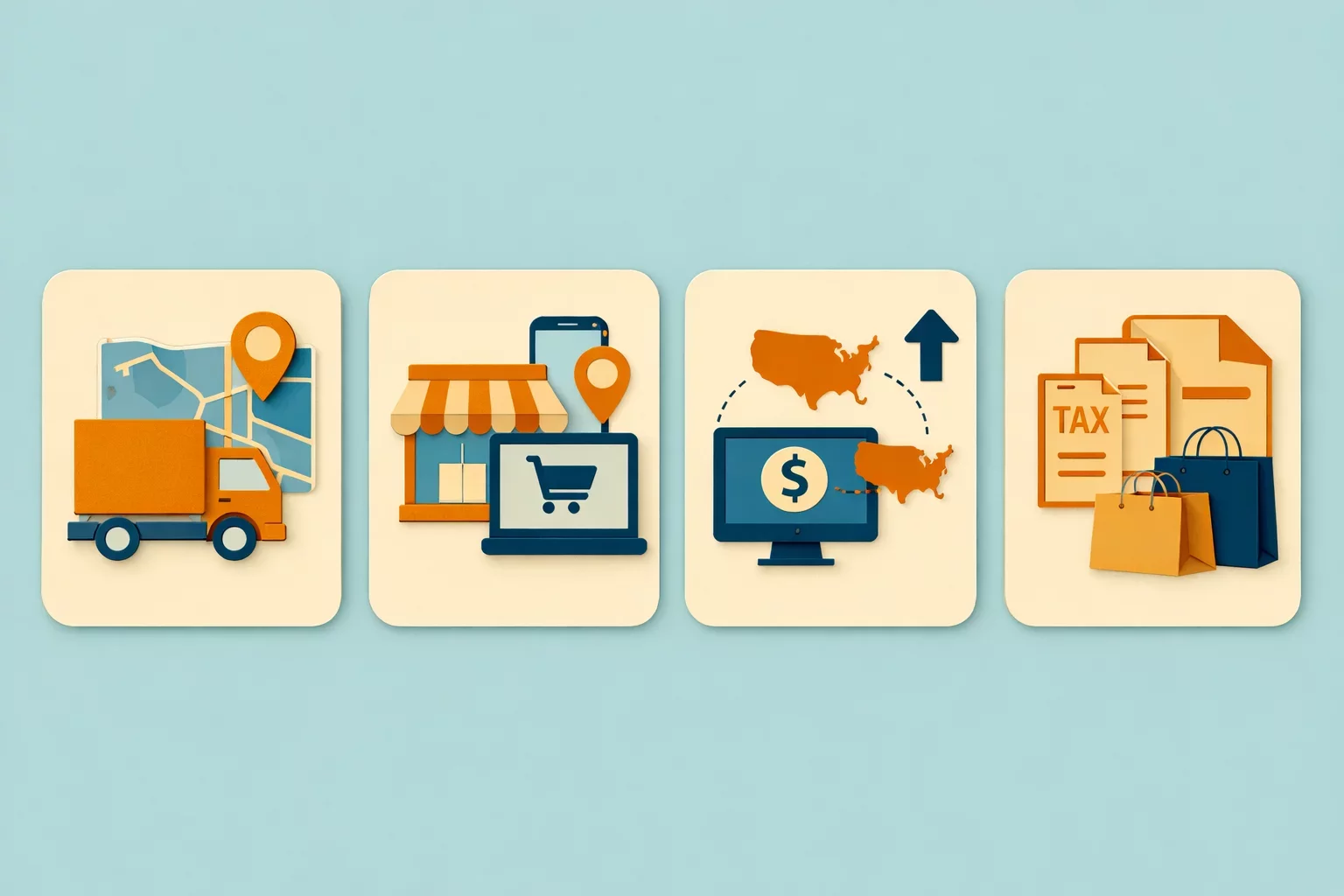

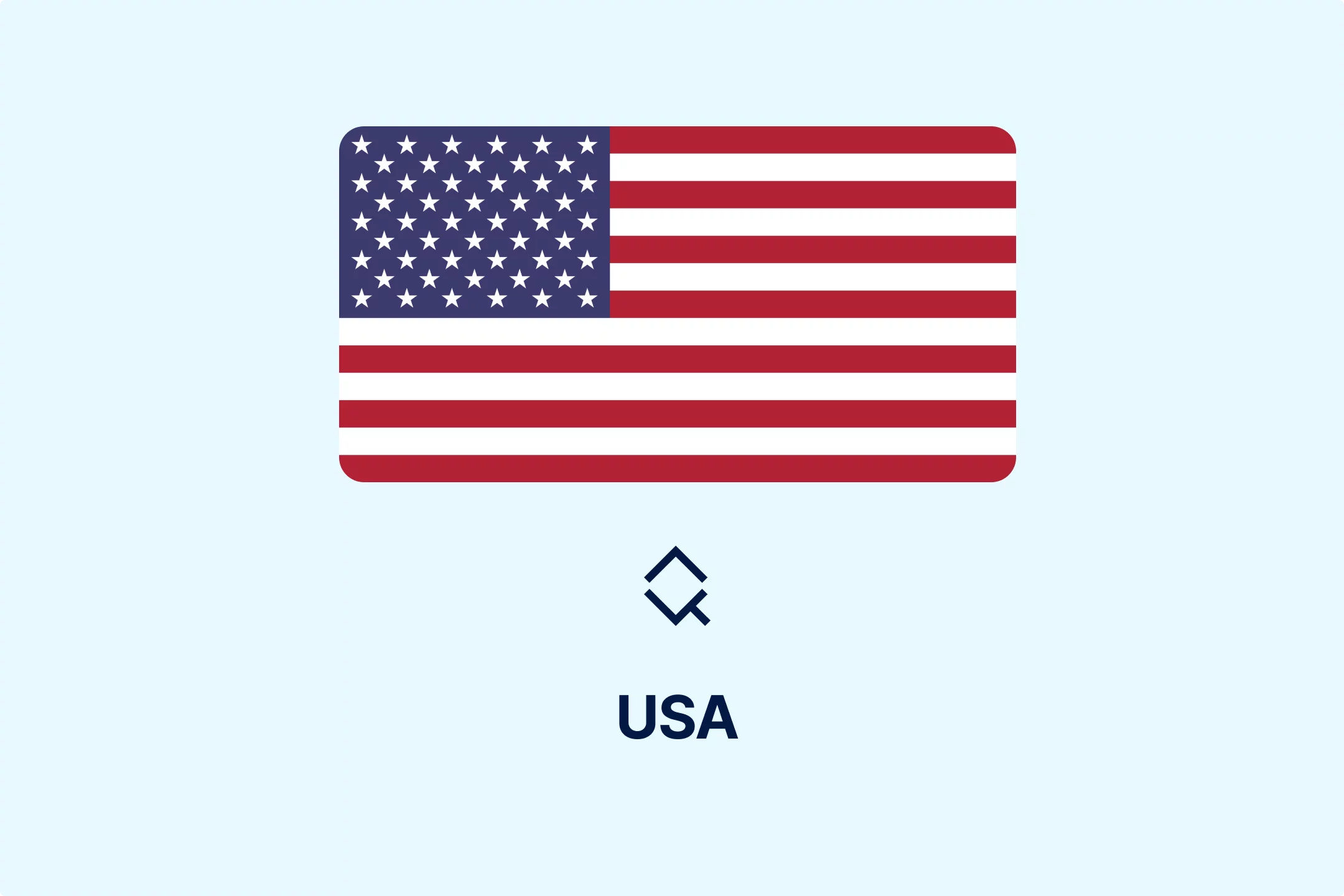
-fd4vrjrcmo.webp)





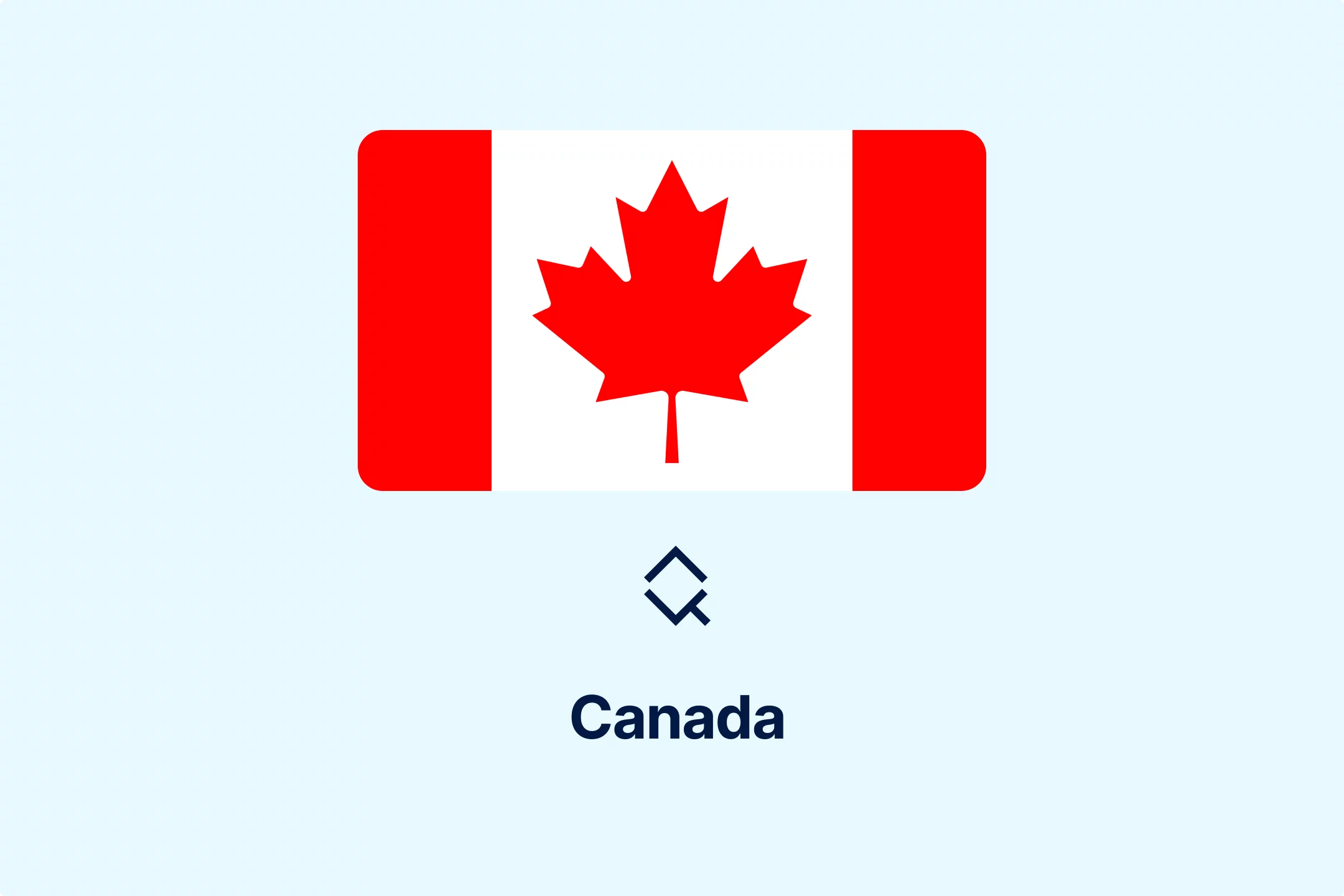





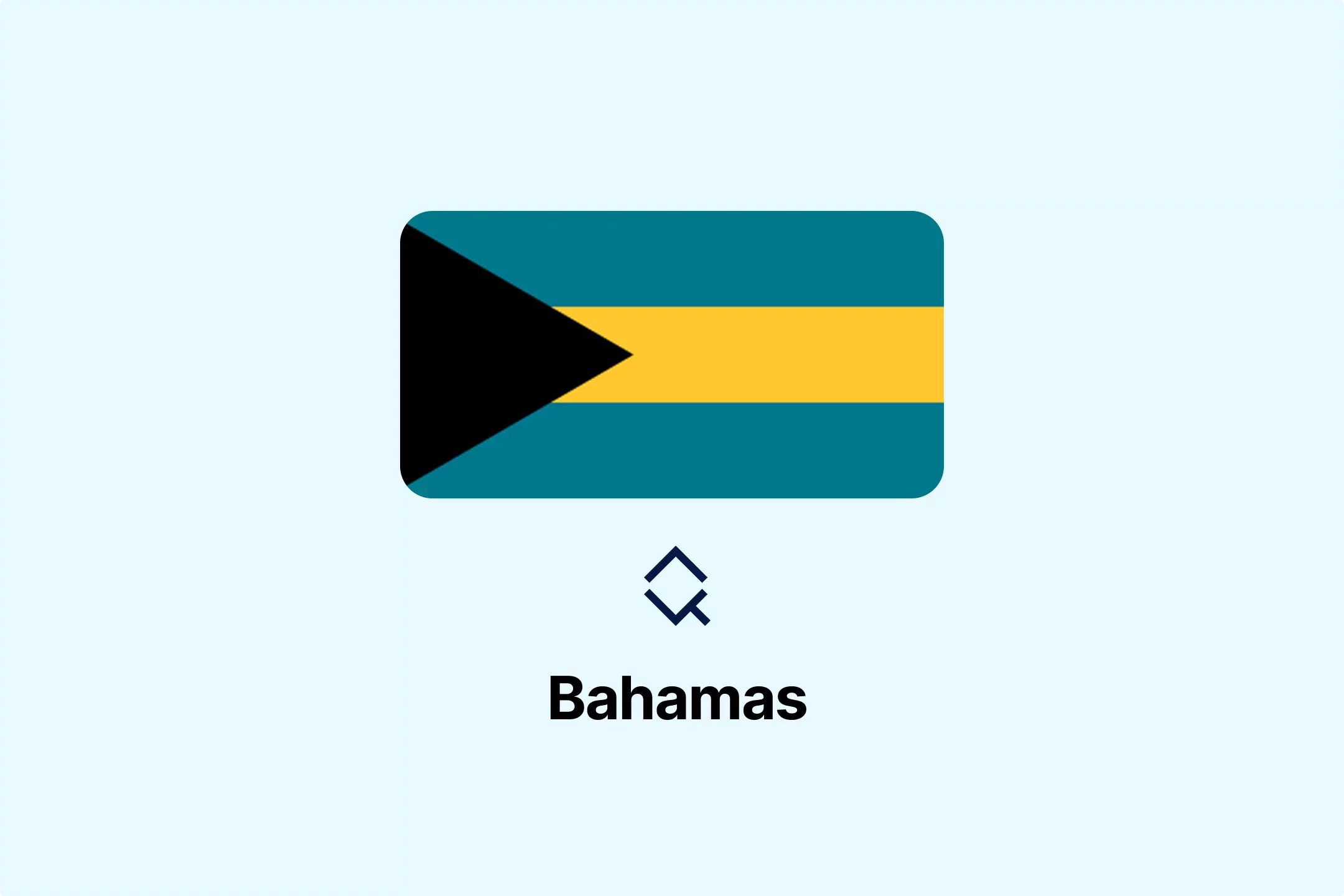



-qoqtiao7l2.webp)

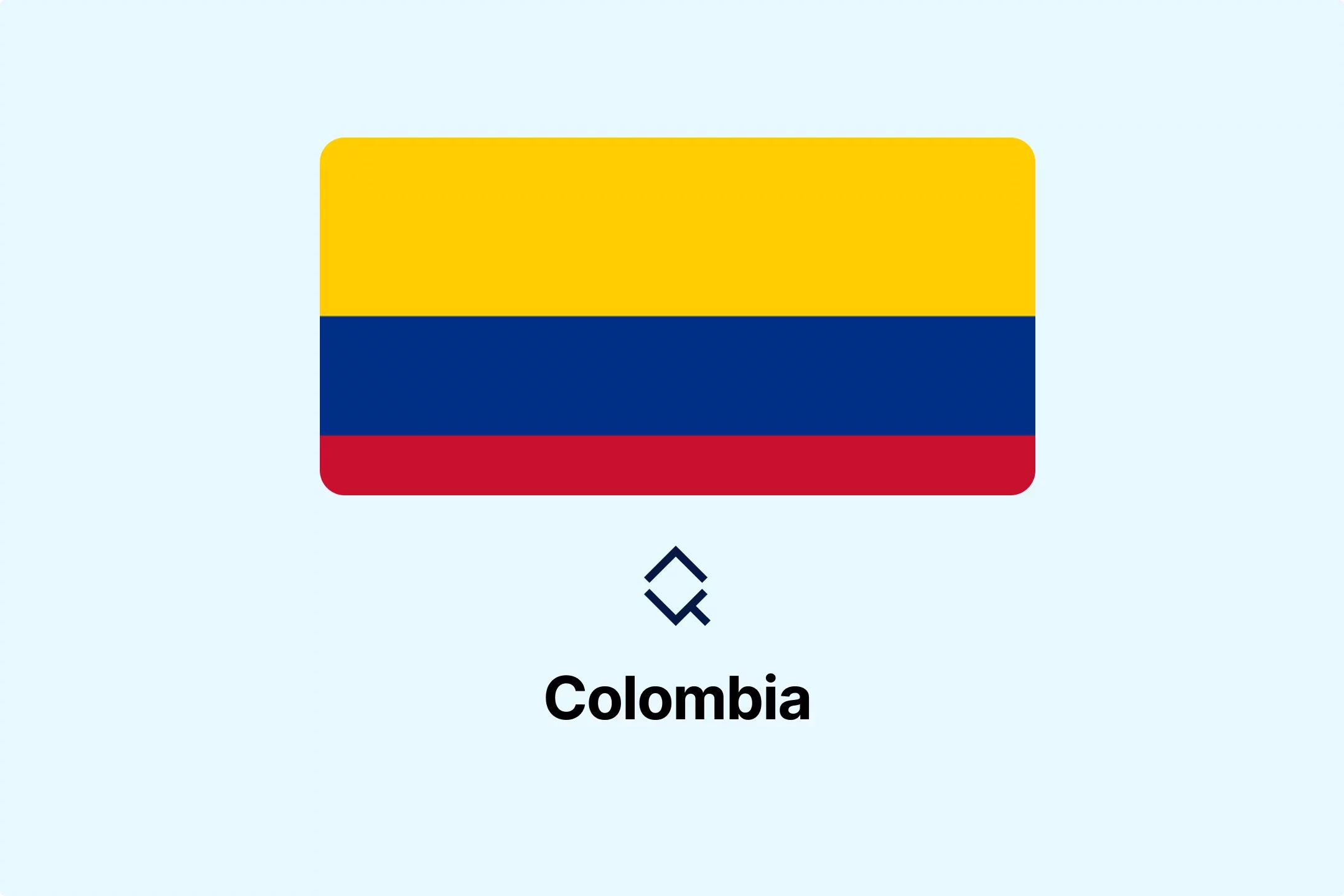
-pdupgqz2r8.webp)






-o0xyg5unvs.webp)

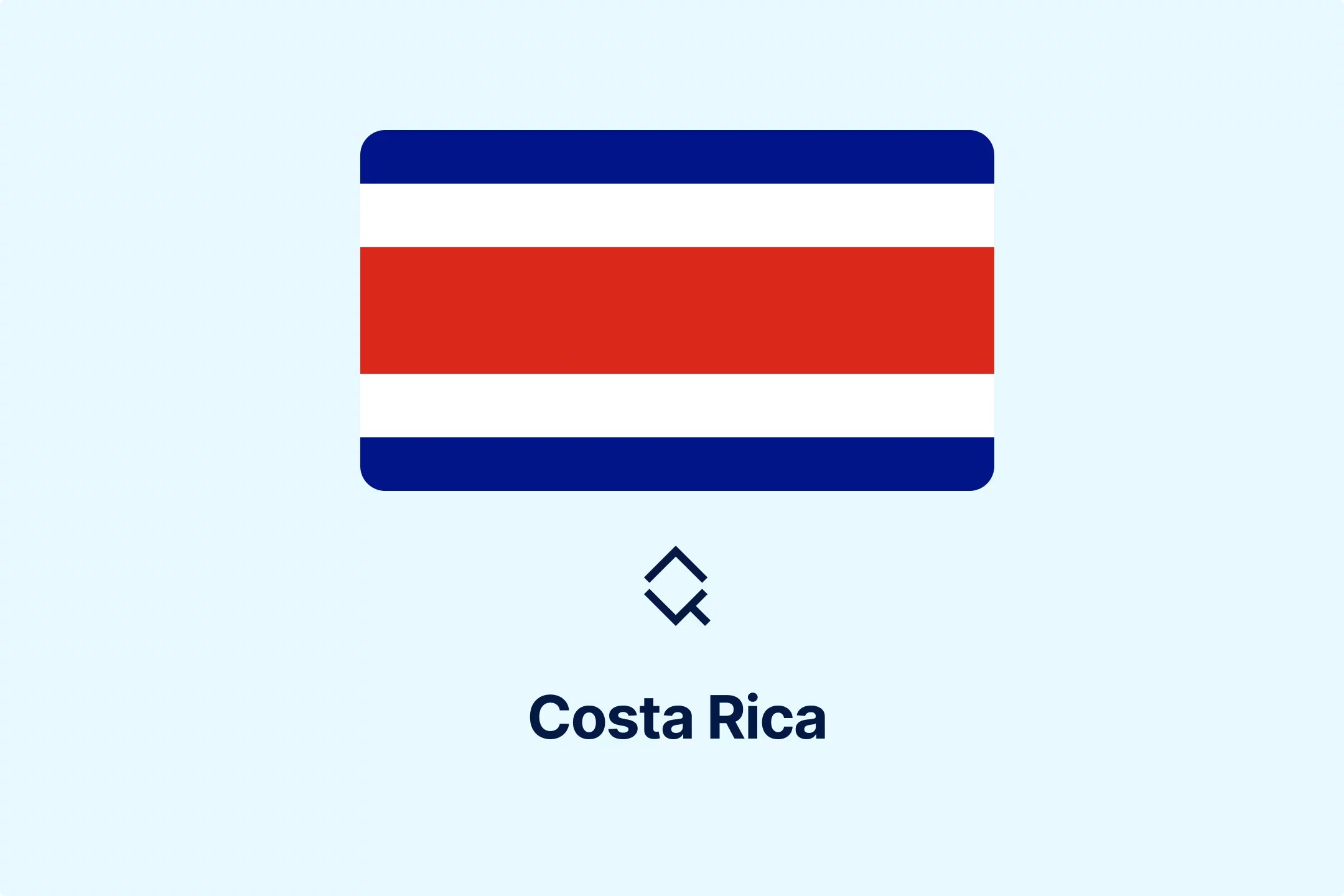
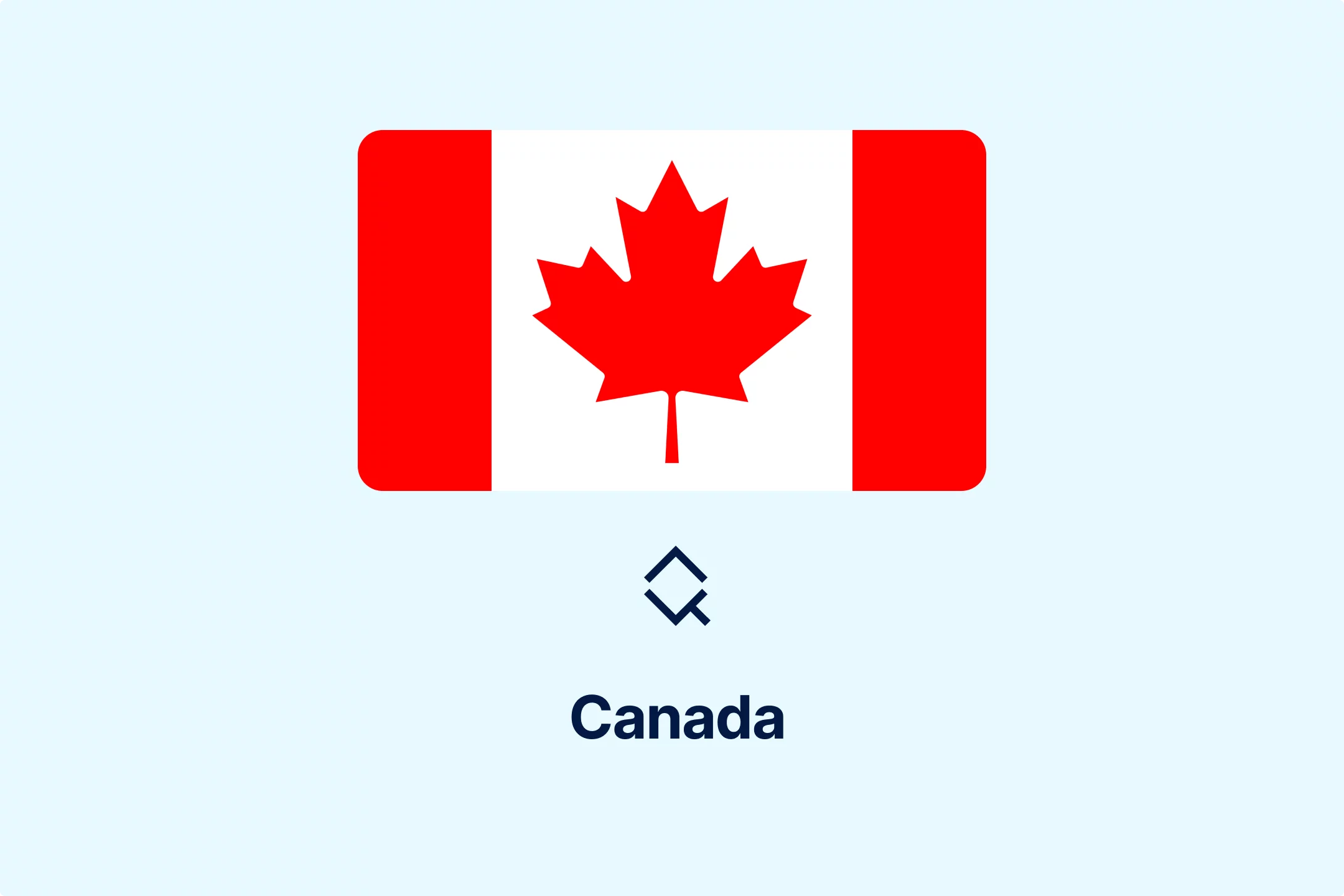




-sebuexzucq.webp)







-sug7vykj81.webp)







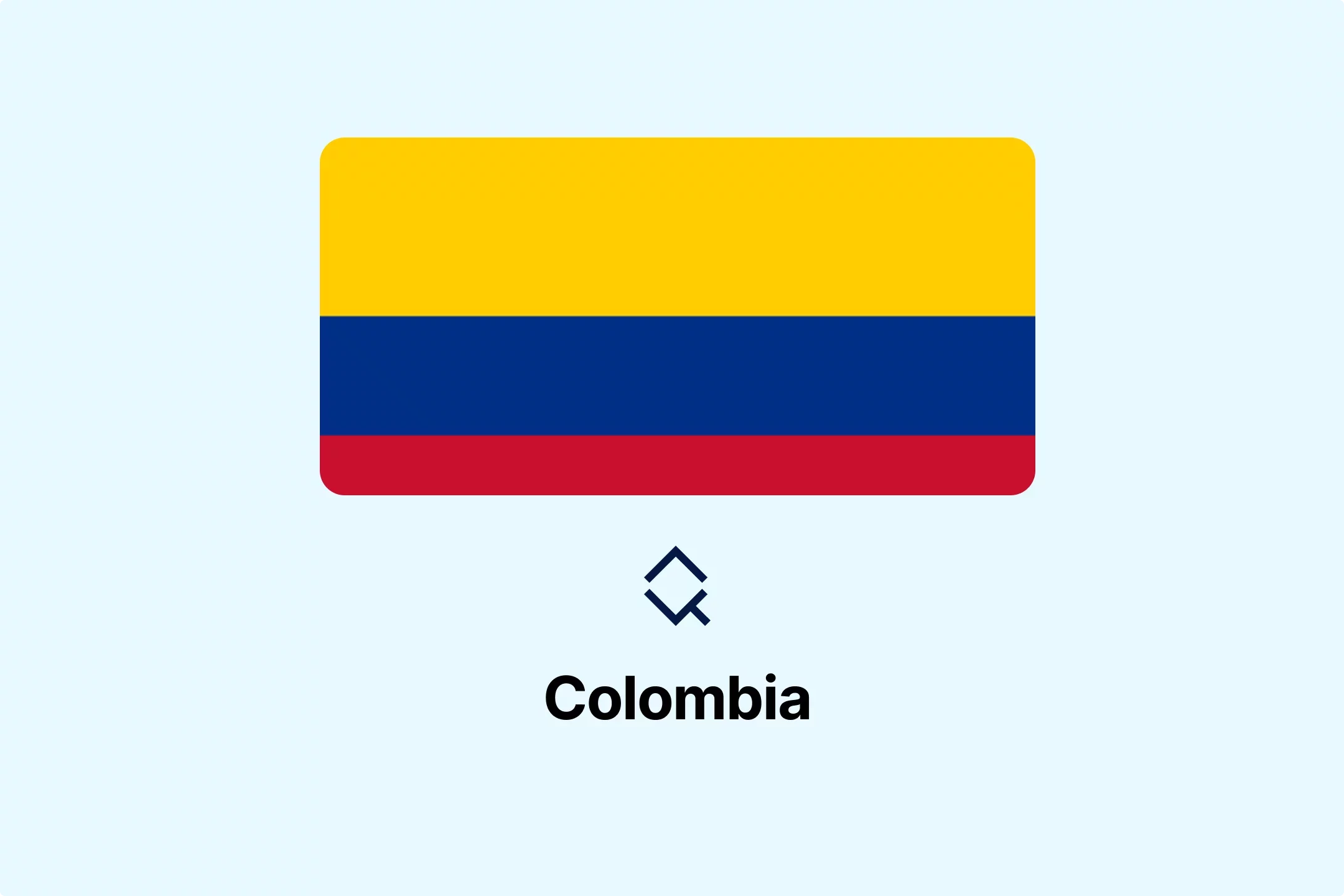
-gsvc6ack9u.webp)







-xsarn0aogt.webp)

-hcel6azmgf.webp)



-p6e3ovhdh3.webp)


-fbovkq9h8b.webp)
-pofe7ucwz3.webp)


-d3qhimei1d.webp)






-nilkffjhah.webp)













-xbhr0m4jsb.webp)


-ae6fi6cjox.webp)
















-b0fpsws1w1.webp)






















-x78wuofpzj.webp)



















-b44f1vjl1i.webp)




-priw8nq5xc.webp)
-8bkw2pujxu.webp)


.png)

.png)




.png)














































